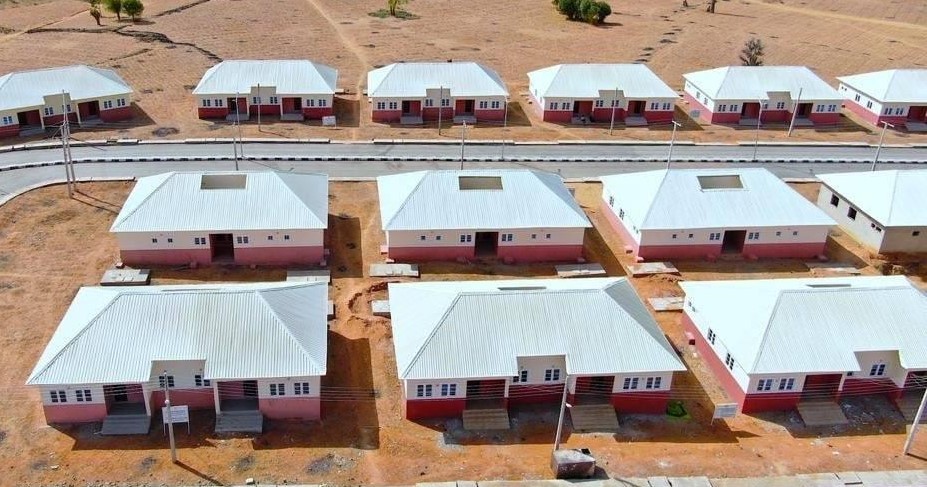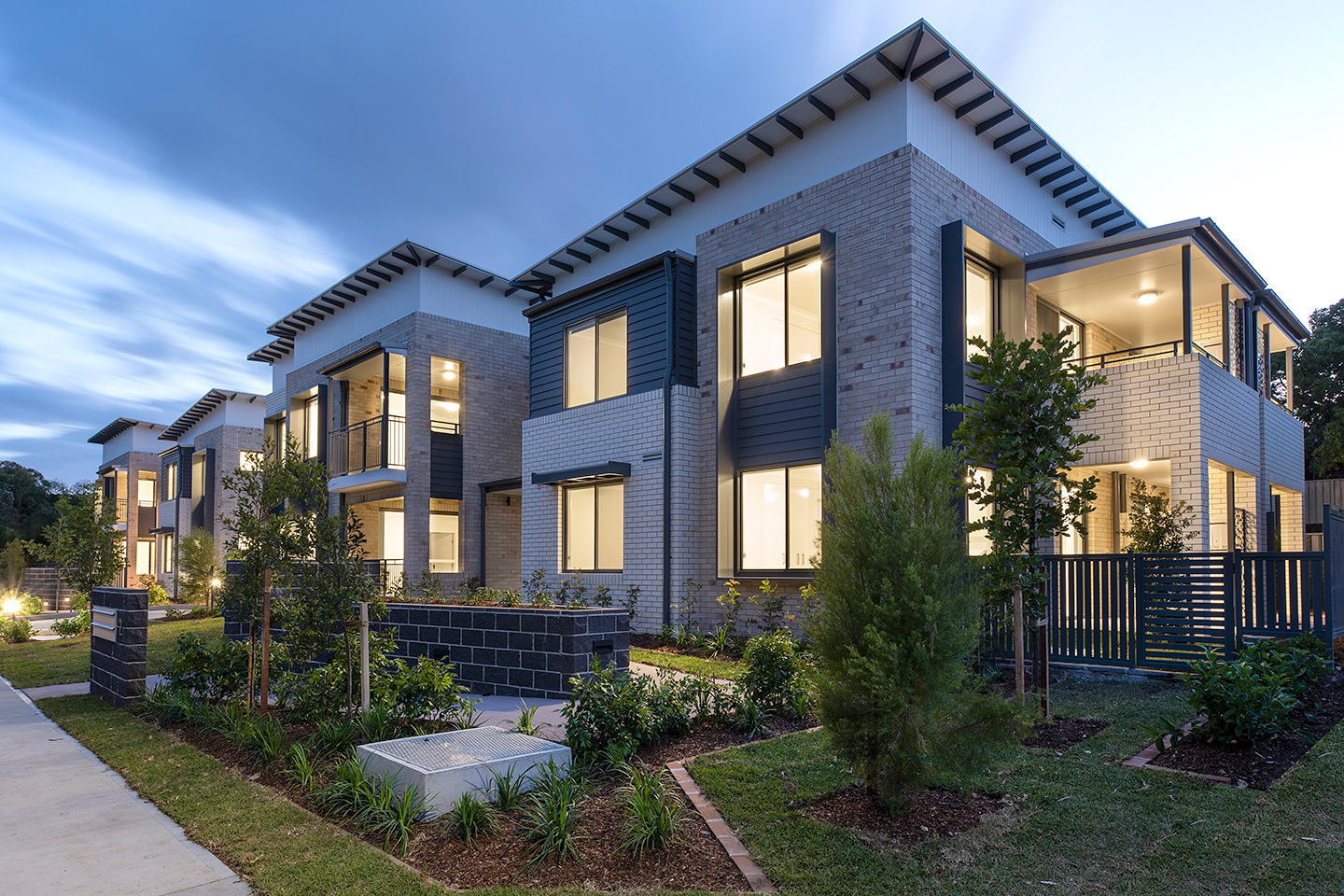philiperlikily
philiperlikily
Beginning of the end for The ‘feudal’ Leasehold System
Major change will offer house owners a stake in the ownership of their structures and will hand them more power, control and security over their homes.
– Change will ensure flat owners are not second-class homeowners and that the unjust feudal leasehold system is brought to an end, building on the Plan for Change aspiration to increase living standards
Homeowners will have a stake in the ownership of their buildings from day one, not have to pay ground lease, and will gain control over how their structures are run under major strategies to bring the feudal leasehold system to an end.
Plans to reinvigorate commonhold and make it the default tenure have actually been announced today. Unlike leasehold ownership where third-party property owners own buildings and make decisions on behalf of homeowners, these changes will empower effort homeowners to have an ownership stake in their buildings from the outset and will offer them higher control over how their home is handled and the expenses they pay.
Supporting delivery of a manifesto dedication – these reforms mark the start of the end for the feudal leasehold system. The changes match the Prepare for Change turning point to build 1.5 million homes, combatting the severe and established housing crisis by making homeownership suitable for the future, by putting individuals in control of the cash they invest on their home.
Commonhold-type designs are used all over the world. The autonomy and control that it attends to are taken for approved in lots of other countries. It can and does work and the federal government is determined, through both new commonhold advancements and by making conversion to commonhold easier, to see it take root – so countless existing leaseholders can likewise take advantage of this step modification in rights and security.
Housing and Planning Minister Matthew Pennycook said:
” This federal government assured not just to supply immediate relief to leaseholders suffering now however to do what is required to bring the feudal leasehold system to an end – and that is exactly what we are doing.
” By taking decisive steps to renew commonhold and make it the default tenure, we will ensure that it is homeowners, not third-party property owners, who will own the structures they live in and have a higher say in how their home is managed and the costs they pay.
” These reforms mark the beginning of completion for a system that has seen countless homeowners based on unjust practices and unreasonable costs at the hands of their property managers and construct on our Prepare for Change commitments to drive up living requirements and create a housing system fit for the twenty-first century.”
Following the intro of a thorough brand-new legal framework for commonhold, brand-new leasehold flats will be banned, and in the meantime the government will continue to execute reforms to help millions of leaseholders who are presently struggling with unjust and unreasonable practices at the hands of deceitful freeholders and managing agents.
The federal government has actually already empowered leaseholders with more rights and security – enabling them to purchase their freehold or extend their lease without having to wait two years from the point they purchased their residential or commercial property, and overhauling the right to manage – putting more leaseholders in the driving seat of the management of their residential or commercial property and service charges.
Progress will be made as quickly as possible to make it less expensive and simpler for leaseholders to buy their freehold or extend their lease, and to make it simpler for leaseholders to challenge unreasonable service charge increases.
Changes set out in the Commonhold White paper consist of:
)
– New guidelines that will allow commonhold to work for all kinds of developments, including mixed-use buildings and allowing shared homes within a commonhold.
– Greater flexibility over development rights, assisting developers build with confidence and keeping safeguards for the customer.
– Giving mortgage lenders higher guarantee with brand-new measures to protect their stake in buildings and protect the solvency of commonholds – such as necessary public liability insurance coverage and reserve funds and higher oversight by commonhold unit owners to keep costs economical.
– Strengthening the management of commonholds, with brand-new guidelines around appointing directors, clear standards for repair work, and mandating use of reserve funds; and
– Providing an improved deal for property owners – consisting of requiring greater opportunities for democracy in concurring the annual budget, clarifying how owners may change “regional guidelines” over how a structure is run and brand-new protections for when things fail.
A new Code of Practice will set out how expenses ought to be assigned in commonhold, aimed at providing consumers with openness and clarity, and the Government is devoted to enhancing policy of handling agents. The government will likewise introduce an assessment to ban new leasehold flats later this year to check out the very best method forward.
An ambitious draft Leasehold and Commonhold Reform Bill will be published later this year setting out the legal framework for how reformed commonhold will work.
Further info

Under the present system, leasehold ownership hands the property owner the right to occupy land or a residential or commercial property for a set period which reverts back to the freeholder as soon as this ends. It implies leaseholders do not own their residential or commercial property outright, are forced to pay possibly escalating ground rent costs in many cases, and have a proprietor who figures out how the building is run and figures out service charges the leaseholder need to pay.
Commonhold ownership permits individuals to completely own their residential or commercial property outright, with no expiring term or need to conserve to extend a lease. They can have a say in handling their building, and have the benefit of not requiring to pay ground lease or have a third party proprietor. There are no leases, with the rights, responsibilities and rules for all residential or commercial property owners set out in the Commonhold Community Statement (CCS). This “rulebook” establishes how the shared locations and facilities will be managed, kept and funded, in addition to the responsibilities for each individual. It develops a democratic system of decision-making and helps prevent disagreements.
Each residential or commercial property owner will become part of a commonhold association upon buying their home, which oversees both the governance and management of the structure unless it decides to bring in a managing representative – which will be liable to the commonholders, not to a property owner, including the power to employ and fire them.
Through the commonhold association, homeowners will have a vote on the annual spending plan, which is for upkeep and for upkeep of the structure, and on the charges they have to pay – equivalent to what service charges are used for under the current leasehold system. Homeowners will likewise have the ability to efficiently prepare for longer-term repairs or upkeep under commonhold, and vote on concerns that impact them consisting of adopting ‘local rules’ – particular to how they and their neighbours in the very same block of flats wish to live.
The government is pressing forward the majority of the Law Commission’s suggestions due to the advantages of this period over leasehold. Initially introduced in England and Wales in 2002, commonhold has actually had a hard time to remove due to flaws in its legal framework, regardless of its success in Europe, New Zealand, Australia, the US and other parts of the world.

Key differences between commonhold and leasehold:
– Commonhold uses complete freehold ownership – genuine homeownership – unlike leasehold, where a residential or commercial property is rented out for a set amount of time before reverting back to the property manager and house owners have an absence of control over their building.
– Commonhold permits homeowners a say on the annual budget plan for their building – consisting of how their charges for maintenance and maintenance are spent – unlike leasehold, where an expense is usually imposed on leaseholders by property managers frequently even after the cash has been spent.
– There is no ground rent in a commonhold residential or commercial property, compared to older leasehold residential or commercial properties. The ground lease requirement for newer residential or commercial properties was eliminated in 2022 (2023 for retirement residential or commercial properties) through the Leasehold Reform (Ground Rent) Act 2022.
– Forfeiture is not possible under commonhold, implying an unit owner can not be threatened with losing their home and equity as they can in leasehold. The federal government will likewise attend to the out of proportion and draconian risk of forfeiture as a method of compliance with a lease contract.
– Commonholders have the power to work with or fire a managing representative who works in their interests, unlike in leasehold where one is appointed by the property owner.





